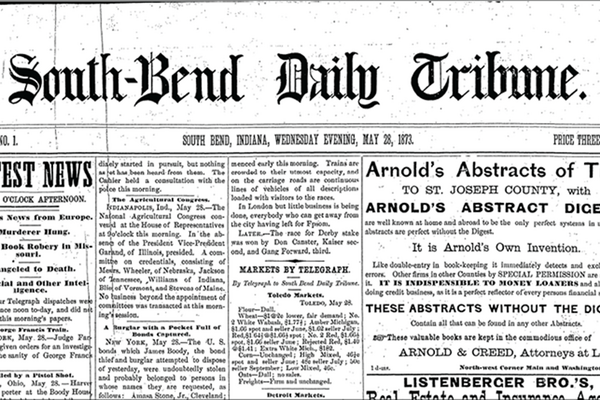The University of Notre Dame’s College of Arts and Letters has launched two rigorous new doctoral programs in Italian and Spanish designed to train world-class literary scholars in the languages and literatures of Italy, the Iberian Peninsula, and Latin America.
The Ph.D. in Italian and the Ph.D. in Spanish, housed in the Department of Romance Languages and Literatures, began this fall and will be run independently of the successful master’s of arts programs already operating in each area.
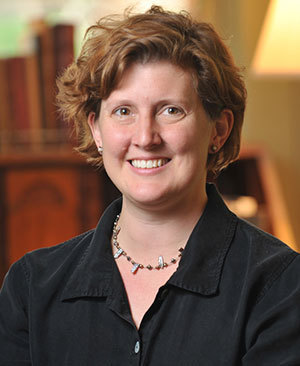 Margaret Meserve
Margaret Meserve
“Our faculty in Italian and Spanish have built two very impressive programs over the past decade,” said Margaret Meserve, associate dean for the humanities and faculty affairs in the College of Arts and Letters and the Fabiano College Chair in Italian Studies. “Graduates of Notre Dame’s MA programs in Italian and Spanish have had great success in Ph.D. programs elsewhere, and we’ve graduated some Ph.D. students of our own, specialists in Italian or Spanish, via the Ph.D. in Literature program.
“For the Department of Romance Languages and Literatures, developing two new Ph.D. programs of their own was a natural next step, and we’re excited to welcome the first class of doctoral students to Notre Dame this fall.”
As the first new graduate degrees formed since the creation of the College’s innovative 5+1 Postdoctoral Fellowship Program, the curriculum and structure have been designed to incentivize and facilitate timely degree completion. Coursework has been streamlined in order to allow significant time for research, with the goal of all students completing a dissertation by the end of their fifth year.
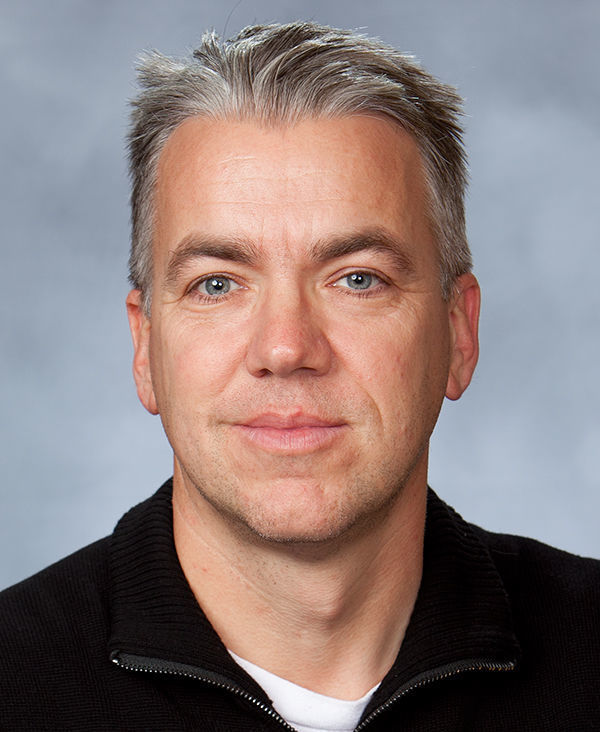 Thomas Anderson
Thomas Anderson
Students will receive a full five-year funding package, and completing their dissertation within five years will earn them a guaranteed one-year fellowship through the 5+1 program. The fellowship year allows them time to continue research, prepare for the academic job market, or explore potential careers outside the academy.
The Ph.D. in Italian—led by Zygmunt Baranski, director of graduate studies and the Notre Dame Professor of Dante and Italian Studies—aims to train students to meet the demands of teaching Italian culture across the curriculum while also promoting specialization in a certain area.
The program will balance taught courses with supervised independent research, professional and personal mentoring, and collaborative academic projects.
Much of the coursework throughout a student’s first two years will focus on Italian literature and culture, though students will complete three courses in a single field allied with their primary research interests, such as history, philosophy, theology, or other areas. The Italian program at Notre Dame has a long tradition of collaborating with other departments across campus that hold a primary interest in Italy.
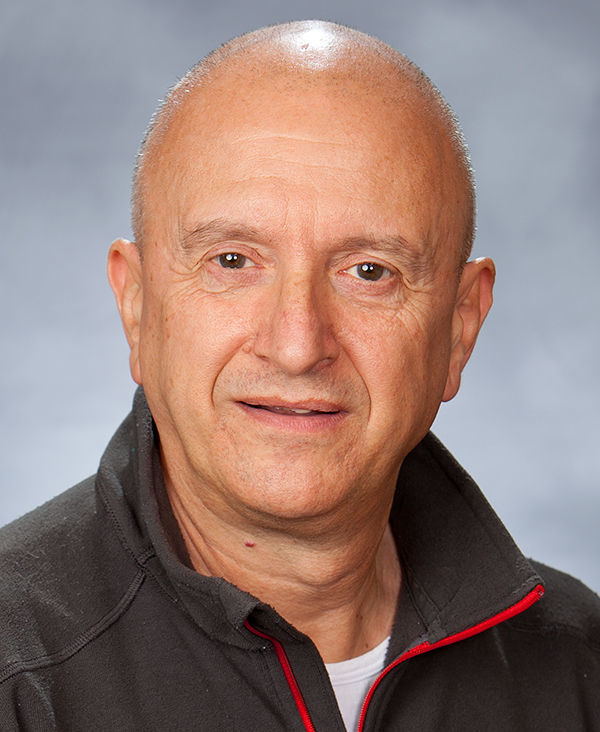 Zygmunt Baranski
Zygmunt Baranski
Students will be encouraged to begin the dissertation process from the very start of the program, with intensive work beginning by the start of the fifth semester, if not sooner.
Two students will be admitted each year, with a total cohort of 10 students in the program at any given time. Applicants must have completed a master’s of arts in Italian to be considered.
“Our Italian program has long been recognized as one of the top programs of its kind in the country, so the establishment of the Ph.D. was a very logical step for us,” said Thomas Anderson, chair of the department and a professor of Spanish. “Italian studies is an area of exceptional strength at Notre Dame, and thanks to our world-class faculty, outstanding resources, and consistently strong undergraduate enrollments, we are confident that our new Ph.D. program will attract top-notch students and will soon be recognized as a leading program in the U.S. and the world.”
The Ph.D. in Spanish, overseen by Director of Graduate Studies Carlos Jáuregui, includes a set of focused seminars during a student’s first two years along with rigorous academic training through independent research, mentoring, and collaborative intellectual endeavors.
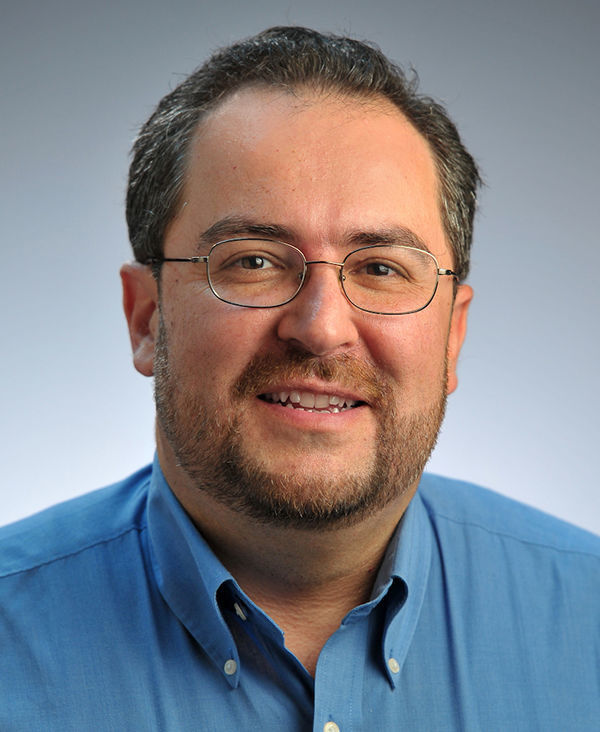 Carlos Jáuregui
Carlos Jáuregui
While similar Ph.D. programs involve wide-ranging curriculum with requirements divided between regions, genres, and disciplines, the goal of Notre Dame’s program is to promote specialization.
This will occur both through the emphasis on the dissertation and with a flexible curriculum that will connect a student’s point of focus in Spanish and Latin American literatures and cultures to other areas of the humanities and social sciences through seminars in history, film studies, cultural anthropology, and other allied fields.
The program will admit three students per year, growing to a total size of 15 students. Applicants must have completed a rigorous MA in the field or have proven their general knowledge in the area of study.
“The department has been discussing the possibility of a Ph.D. program in Spanish for many years, and we are very excited that this dream has finally become a reality,” Anderson said. “Thanks to outstanding recent faculty hires and a diverse and dedicated group of nationally and internationally recognized teacher-scholars, we are well situated to offer top-quality coursework and research supervision in many areas in Latin American and Iberian literatures and cultures.”
For students in both programs, funding opportunities for academic activities abound at Notre Dame. Entities such as the Institute for Scholarship in the Liberal Arts, Kellogg Institute for International Studies, Nanovic Institute for European Studies, and Center for the Study of Languages and Cultures offer grants to graduate students to conduct research abroad, pursue intensive language study, or attend and present at conferences.
Applications for admission to either Ph.D. program may be submitted through The Graduate School.


